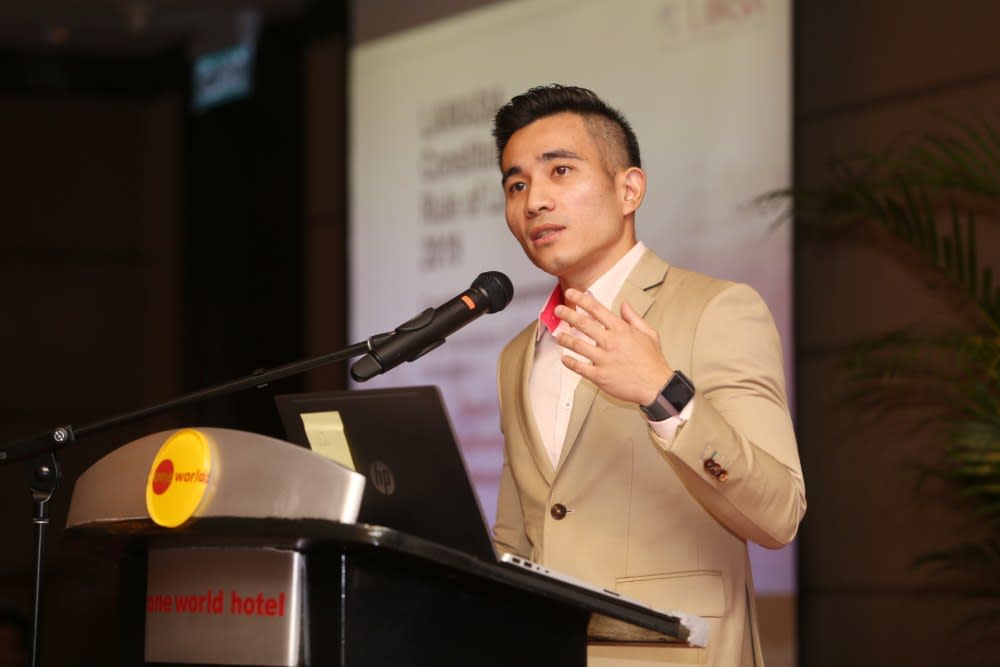Race relations at its worst today? Yes, says Umno Youth leader, adding both sides to blame

PETALING JAYA, Oct 5 — Inter-race relations in Malaysia is at its all-time worst, Umno Youth deputy chief Shahril Hamdan claimed today.
The Opposition politician said the current perceived tensions are the fault of politicians from both sides of the political divide.
However, he believes a bipartisan parliamentary committee can help resolve the problem.
“Race relations is at its worst, at least in my lifetime. I don’t know whether it was worse in the ‘60s, I wasn’t around for that, but it’s definitely the worst since I’ve ever been involved or energised in politics,” Shahril said during a panel discussion at the LawAsia Constitutional and Rule of Law Conference 2019 here.
He was responding to a question from prominent human rights lawyer Datuk Ambiga Sreenevasan who mooted a bipartisan committee to address race-related issues and wanted to know if Shahril would push Umno to be part of it.
“I think both sides bear the responsibilities of how it has turned out, and both sides have to be part of the solution, and that means I can speak more I guess, about my own party,” he added.
Shahril, who is also a member of think tank called The Centre, said political parties, including Umno, should stop using the racial card for their own ends.
However, he said that as Pakatan Harapan (PH) is now the government, it cannot ignore its role as policy maker and needs to take measures to end racial conflict.
He listed the government’s push to ratify the Rome Statute on the International Convention on the Elimination of All Forms of Racial Discrimination (ICERD) as an example of sparking fears within the Malay community, conflating it with rumours of the removal of financial aid, subsidies and subsistence for the poor.
He said it did not matter if ICERD was a positive move for Malaysia as a large portion of the populace saw it negatively.
He added that PH’s poor handling in communicating its decision to ratify, by mocking Malay sentiments against ICERD, “annoyed” the community, leading to tensions.
Related Articles UN hails Malaysia’s efforts at promoting unity TV3 apologises for clip of deputy minister speaking Mandarin during Malay news broadcast (VIDEO) 11 reasons why ten Umno Youth, NGO reps want AG to step down



